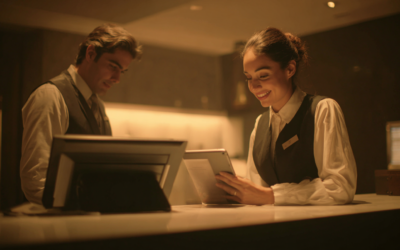Hilton Hotels Corporation anticipates doubling its portfolio in
Middle East & Africa over the next five years in line with the
company’s strategic focus on development and growth. Currently with 43
properties and 15 new openings scheduled over the next three years in
the Arabian Peninsula, Egypt, Lebanon, Jordan, Morocco, Algeria, Africa
and Indian Ocean, the Middle East’s leading hotel brand (ref. Business
Development Research Consultants 2007 survey) is targeting a Hilton
hotel in every capital city.
Jean-Paul Herzog, President, Hilton Hotels, Middle East &
Africa commented at World Travel Market 2007 in London, “The Middle
East is a key development market for Hilton Hotels. We have a new
organisational structure with Middle East & Africa heaquartered out
of Dubai that allows us to continue our focus on operational
excellence, whilst realising our development ambitions for the Hilton
Family of Brands.
“The UK is the number one international source market for our
hotels, with more than 13% of overall room nights originating from the
UK – therefore exhibitions such as WTM are of tremendous importance to
us to promote and sell our current portfolio, new openings &
development strategy to the travel trade.”
Next year (2008), Hilton is scheduled to have five new hotel
openings in the U.A.E and Egypt, together with its first hotels in
Qatar, Lebanon and Equatorial Guinea.
Powered by ScribeFire.



